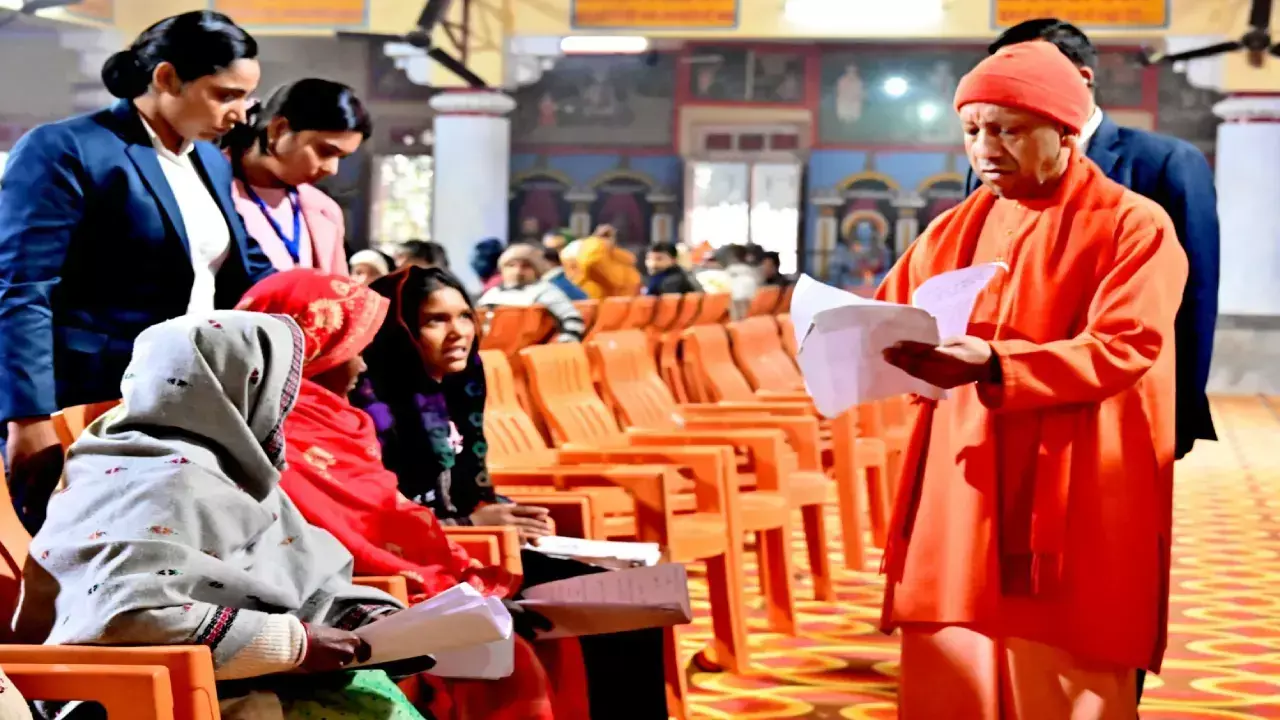A ‘committed judiciary’?
The Judicial Appointments Commission Bill, passed by the Rajya Sabha on Thursday, looks suspiciously like an attempt to take the judiciary back to the days of the Emergency when Indira Gandhi called for a “committed judiciary”. Since the then Prime Minister and her advisers never cared to explain to whom the judiciary had to be “committed”, it was widely believed that they wanted the judiciary to become a plaything in the hands of the Executive.
The Judicial Appointments Commission Bill, passed by the Rajya Sabha on Thursday, looks suspiciously like an attempt to take the judiciary back to the days of the Emergency when Indira Gandhi called for a “committed judiciary”. Since the then Prime Minister and her advisers never cared to explain to whom the judiciary had to be “committed”, it was widely believed that they wanted the judiciary to become a plaything in the hands of the Executive.
That public suspicion had been confirmed by the then dispensation which changed and superseded judges even of the Supreme Court as one would change clothes. But today’s India is totally different from that in which the Executive, arrogating to itself powers not conferred on it by the Constitution (which had anyway been suspended) could do its thing.
That fact makes it all the more surprising that the Rajya Sabha should have passed The Judicial Appointments Commission (JAC) providing for a broad-based appointment process for Judges of the High Court and the Supreme Court, giving equal say to the Executive. Where does that leave the principle of separation of powers among the Legislature, Executive and the Judiciary laid down by the Constitution? It may not happen that way, certainly not always, but people will believe that if the Government has a say in judicial appointments at the highest level, it might someday demand a say in the judgments that such judges may deliver.
The JAC is to consist of the Chief Justice of India, an ex-officio chairperson, two Supreme Court judges next to the CJI in seniority as ex-officio members, the Union Law Minister and two eminent persons to be nominated by the collegium consisting of the Prime Minister, the CJI and the Leader of the Opposition in the Lok Sabha, as members; and the Secretary in the Department of Justice in the Law Ministry will be the convener. The Government and Opposition presented a joint front in attacking the judiciary on everything from corruption, favouritism and nepotism to compromises due to lust of post-retirement jobs--benefits, while discussing the Bill to scrap the collegium system of appointing judges.















